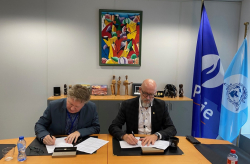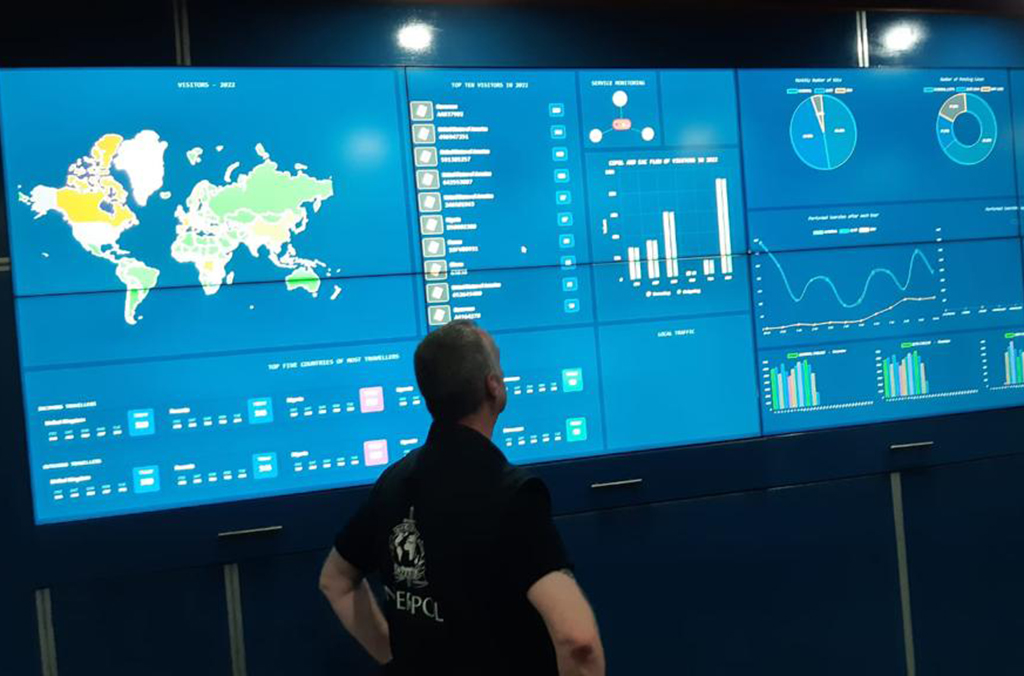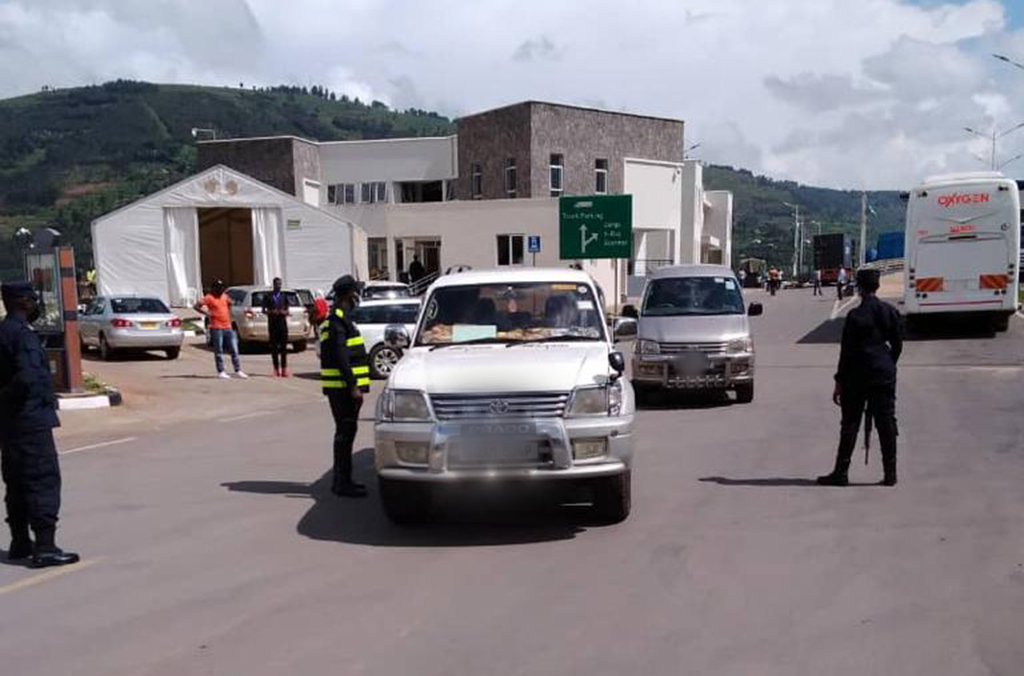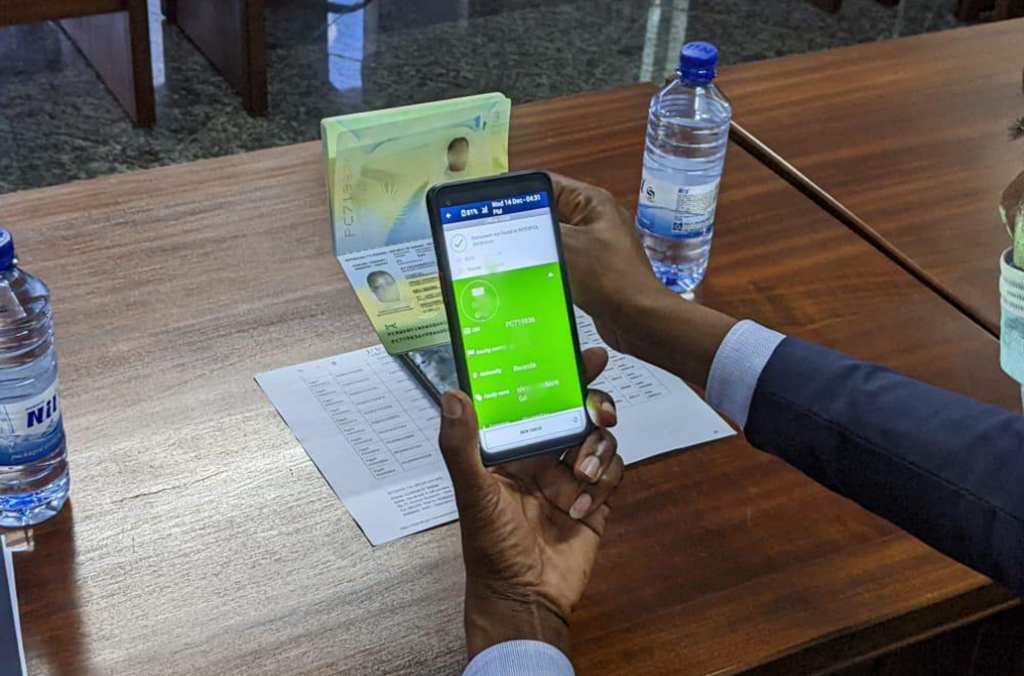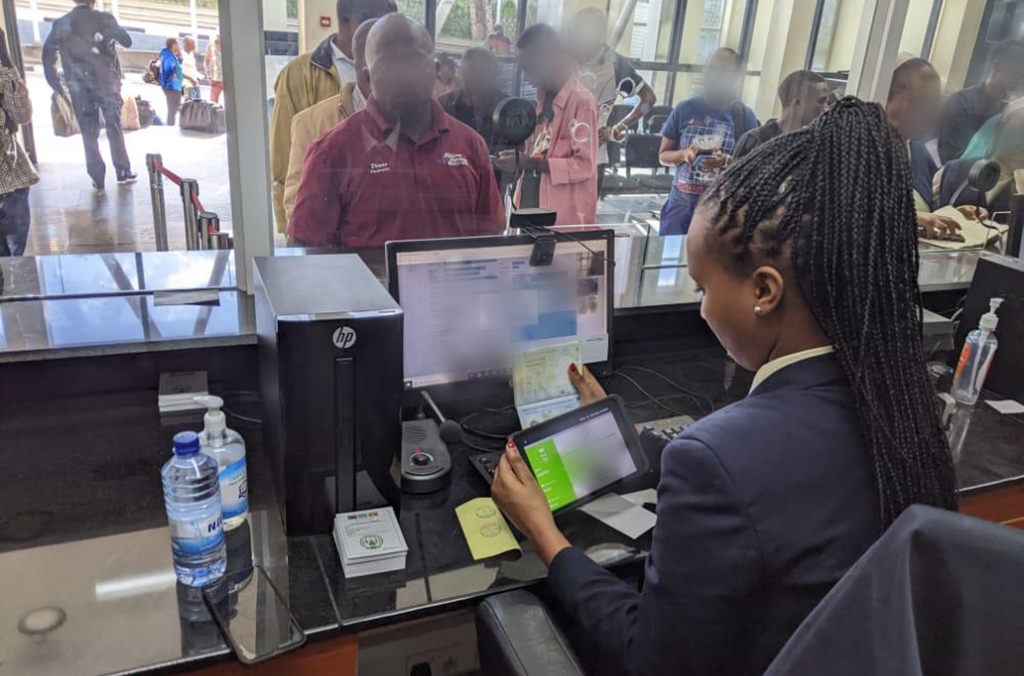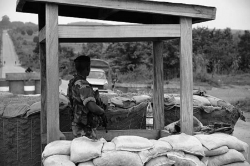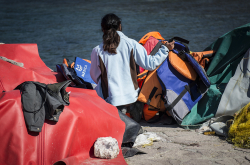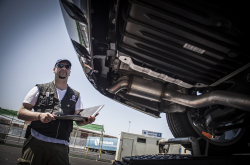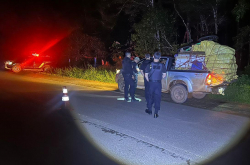KIGALI, Rwanda – Efforts to boost border security in Rwanda through operational training and the enhanced use of INTERPOL policing tools saw thousands of checks carried out against its global databases.
The five-day (12 – 16 December 2022) Operation STOP (Smuggling Training and Operations Programme) aimed to strengthen efforts against cross-border crime by providing capacity building training to 20 participants on tracking the movement of criminals to identify and arrest them and safeguard potential victims via INTERPOL’s databases and I-24/7 secure communications channel.
Following the training exercise, officers from Customs, Immigration, the Rwanda Investigation Bureau and the INTERPOL National Central Bureau in Kigali were deployed to key border points in the capital and between Rwanda and Uganda.
They carried out more than 16,500 checks against INTERPOL’s databases, including those for nominal data on suspected criminals, stolen and lost travel documents, and stolen motor vehicles.
Extending access to INTERPOL’s I-24/7 network and databases at key border points, with mobile technology allowing frontline officers to run instant checks, is central to the STOP initiative.
INTERPOL’s Director of Operational Support and Analysis, Cyril Gout, said: “Operation STOP is crucial in boosting the ability of officers to tackle crimes such as irregular migration, human trafficking and other cross-border crimes which harm national and regional security. Operational trainings directly enhance the crime-fighting skills of officers which are then put into practice to strengthen border security.”
At the heart of the project is the extension of access for police at strategic border points to INTERPOL's secure global police communications network.
To this end, Rwandan frontline officers were provided with INTERPOL mobile devices such as tablets and smartphones, allowing them to run checks against INTERPOL’s databases and receive an instant response.
The STOP initiative helps member countries to protect vulnerable communities in the African region through capacity building, operational support, and the consolidation of global information-sharing platforms, providing a lasting legacy of improved national operational capacity.
Countries involved
Related news

Breakthrough in longstanding Dutch missing person case
11 October 2024